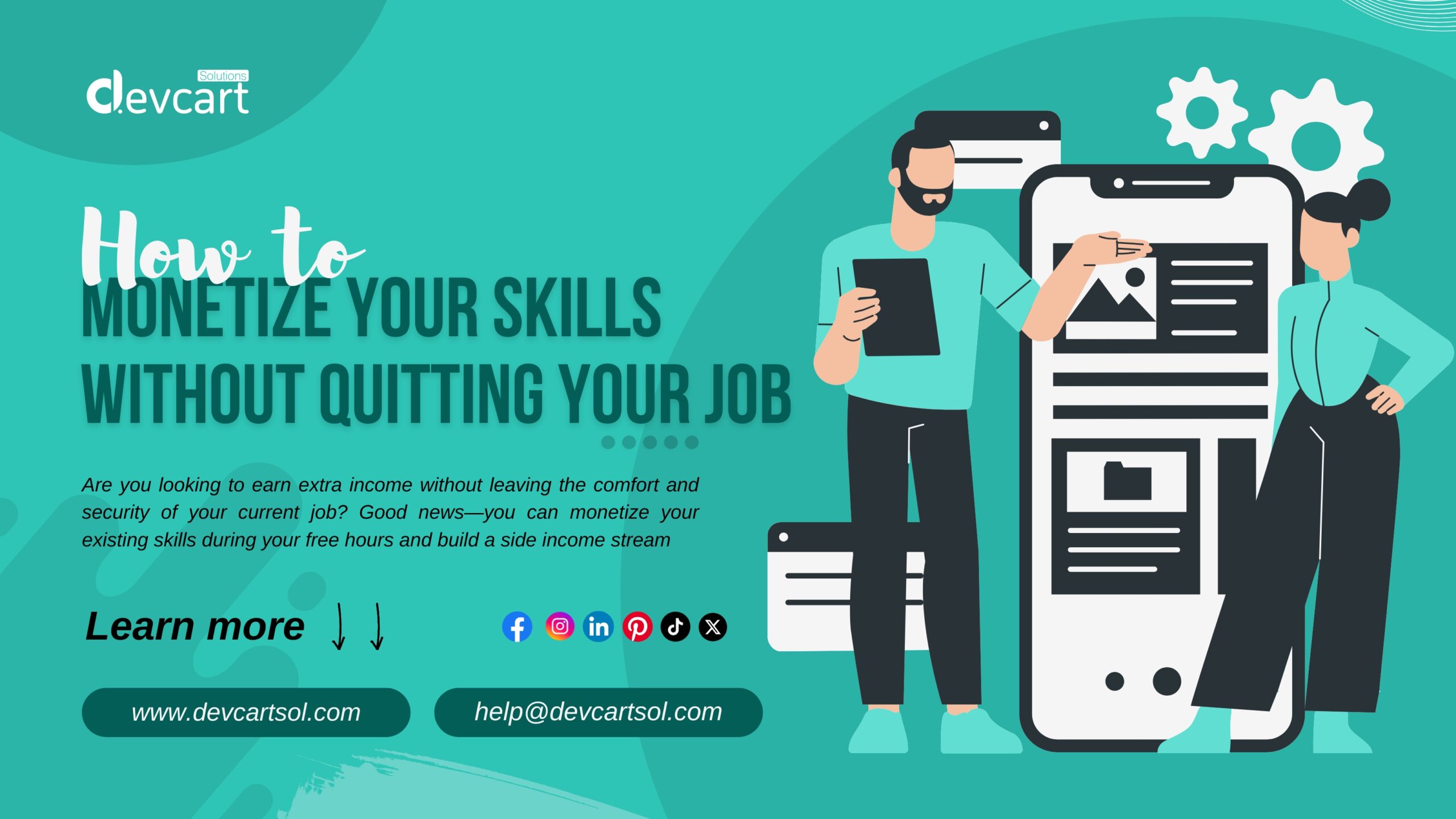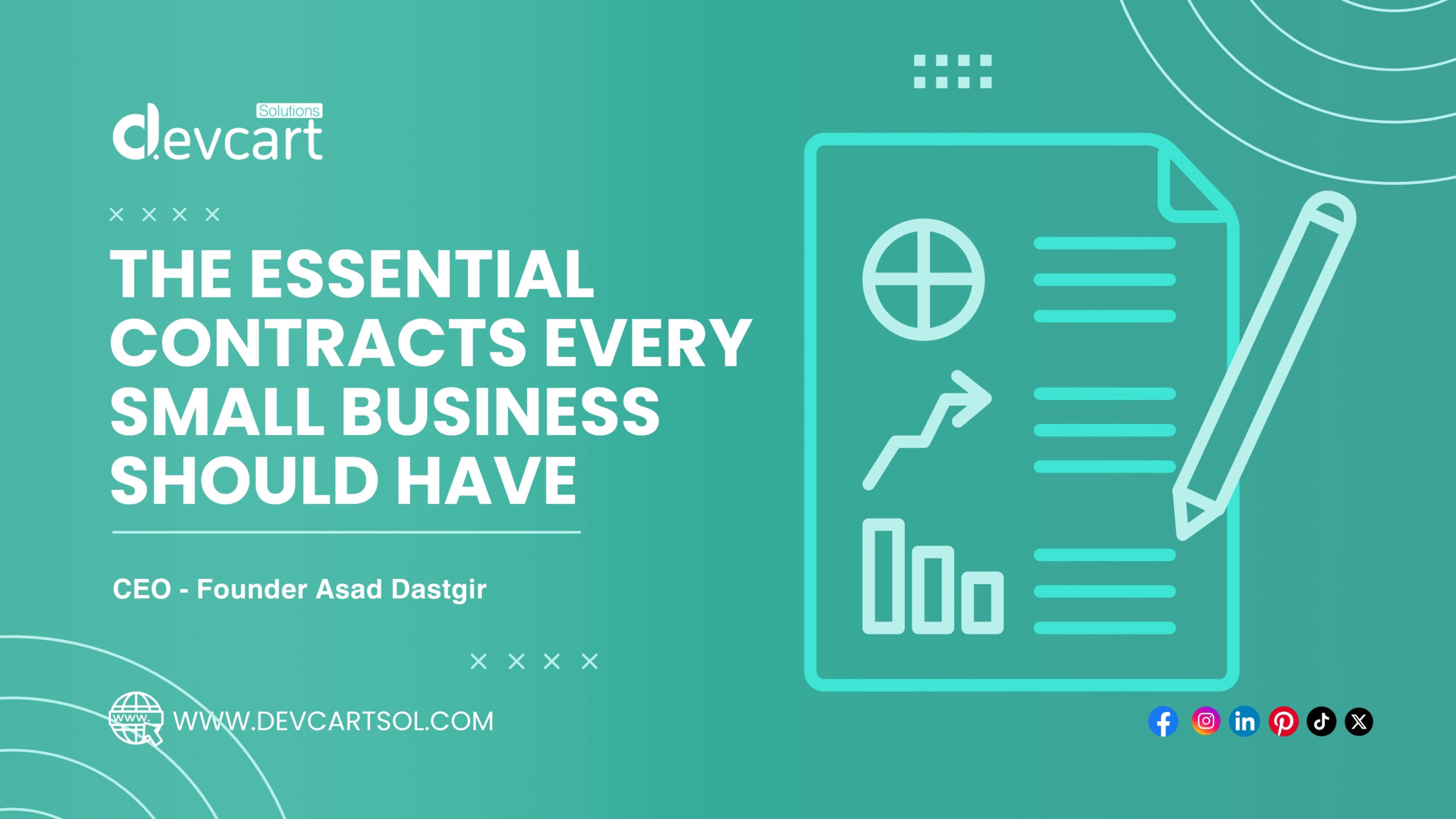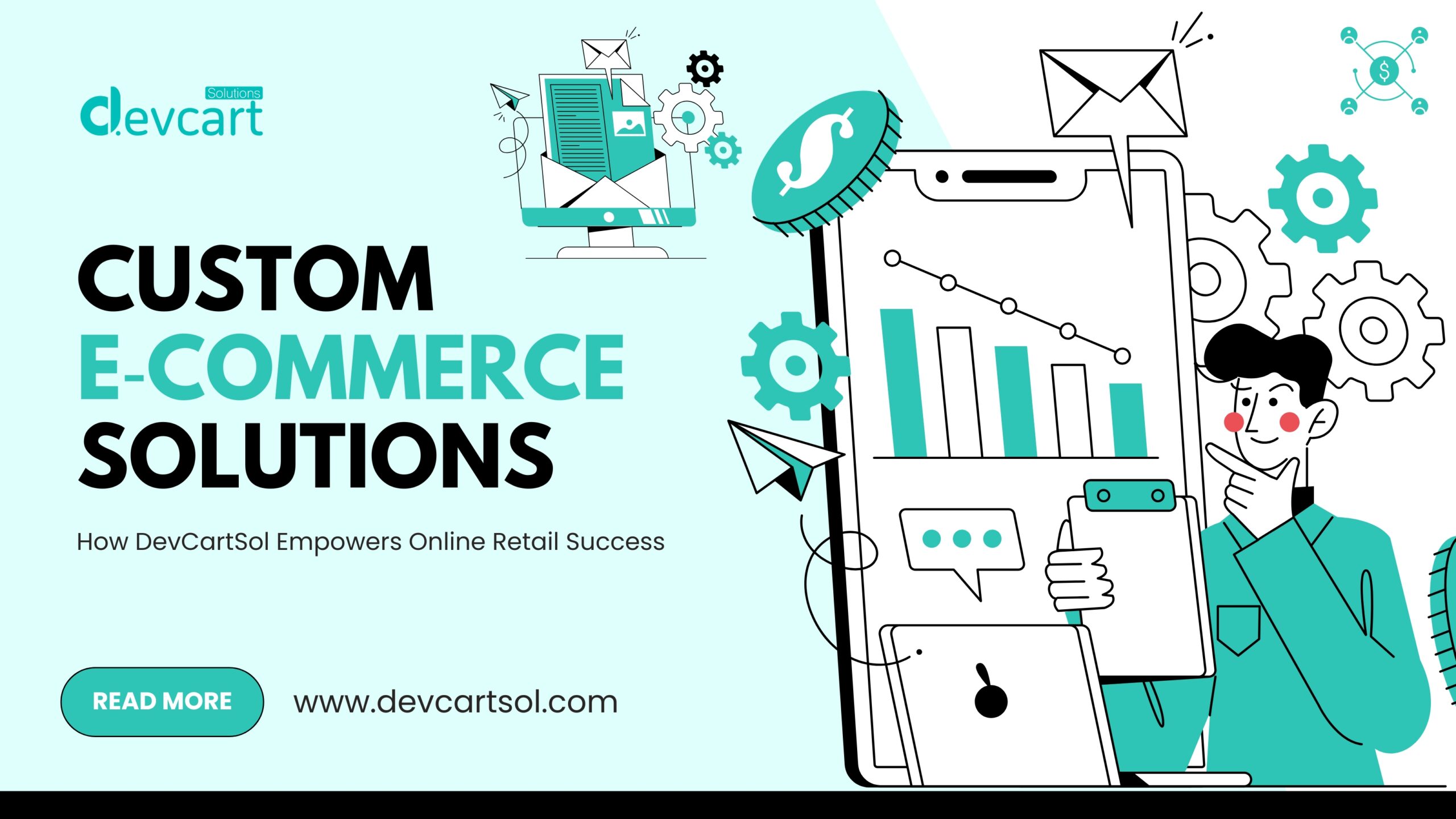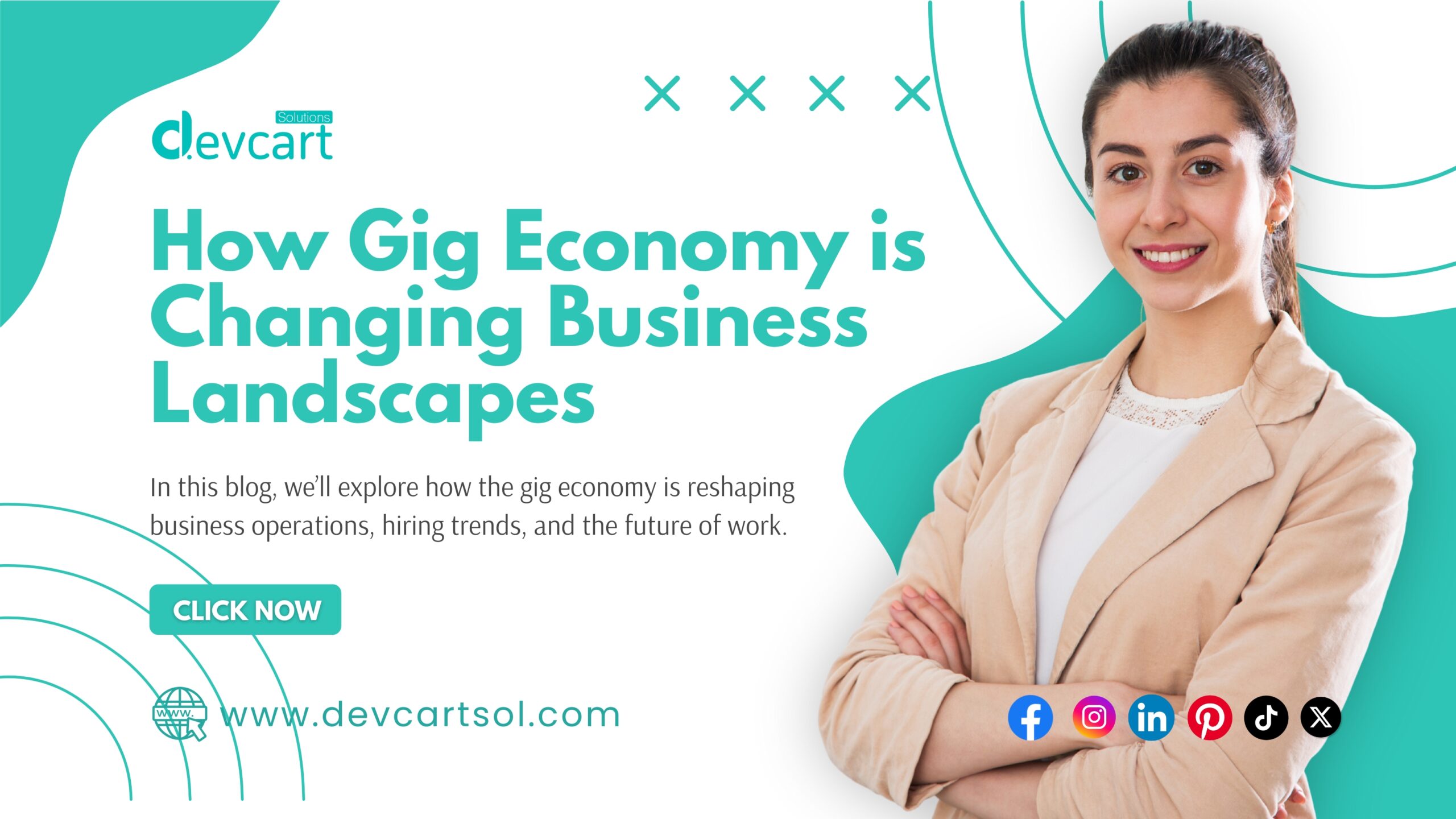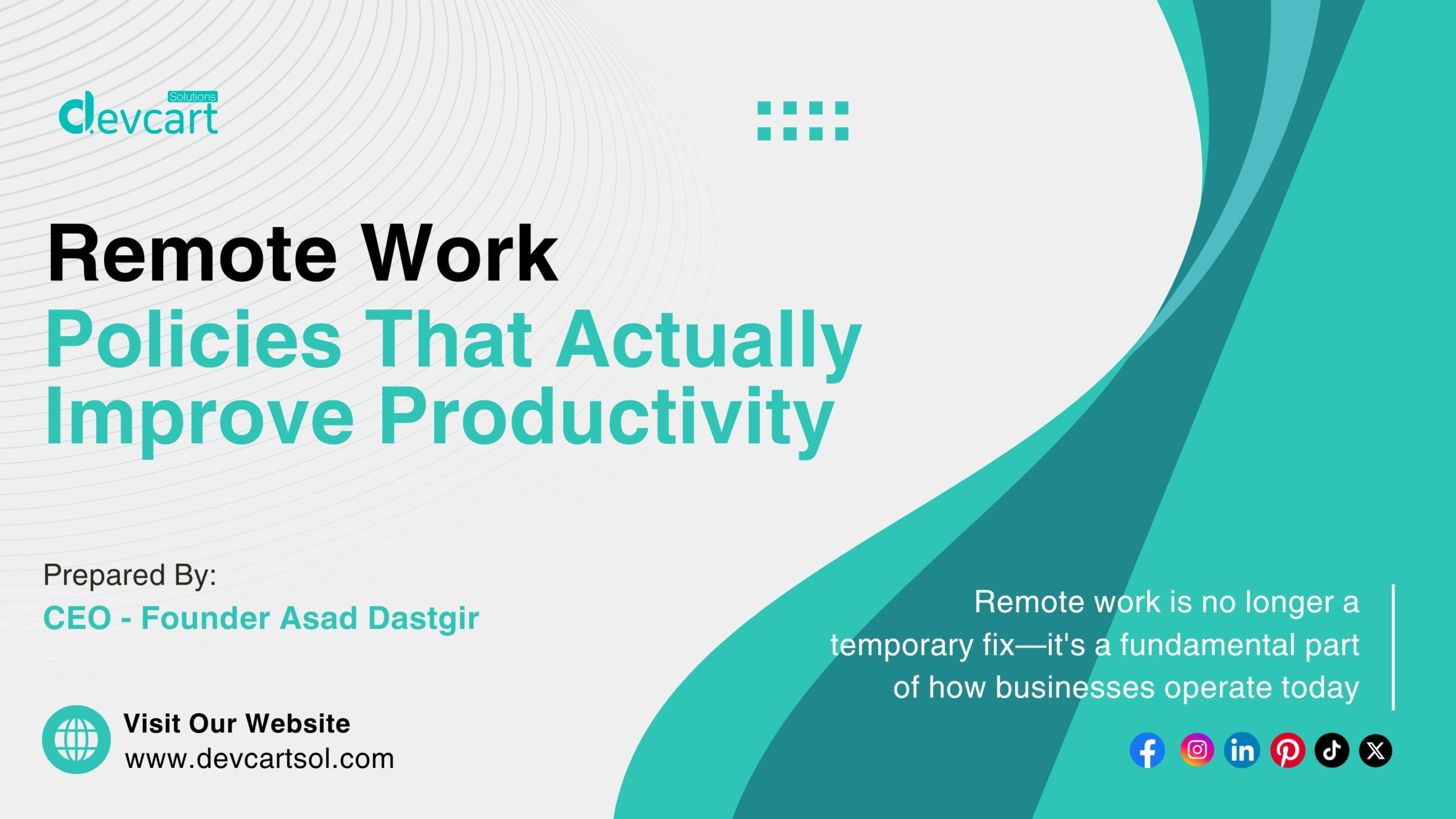Introduction
The gig economy is no longer just a buzzword — it’s a fundamental shift in the way work is done. From freelancers and contractors to part-time workers and digital nomads, the rise of gig work is transforming the global business landscape. As companies adapt to this new model, the structure of employment, resource management, and business strategies are undergoing a massive evolution.
In this blog, we’ll explore how the gig economy is reshaping business operations, hiring trends, and the future of work.
What Is the Gig Economy?
The gig economy refers to a labor market characterized by short-term contracts, freelance work, and flexible jobs instead of permanent, full-time employment. Popularized by platforms like Uber, Fiverr, Upwork, and TaskRabbit, the gig economy gives workers freedom to choose when, where, and how they work — often leading to increased job satisfaction and autonomy.
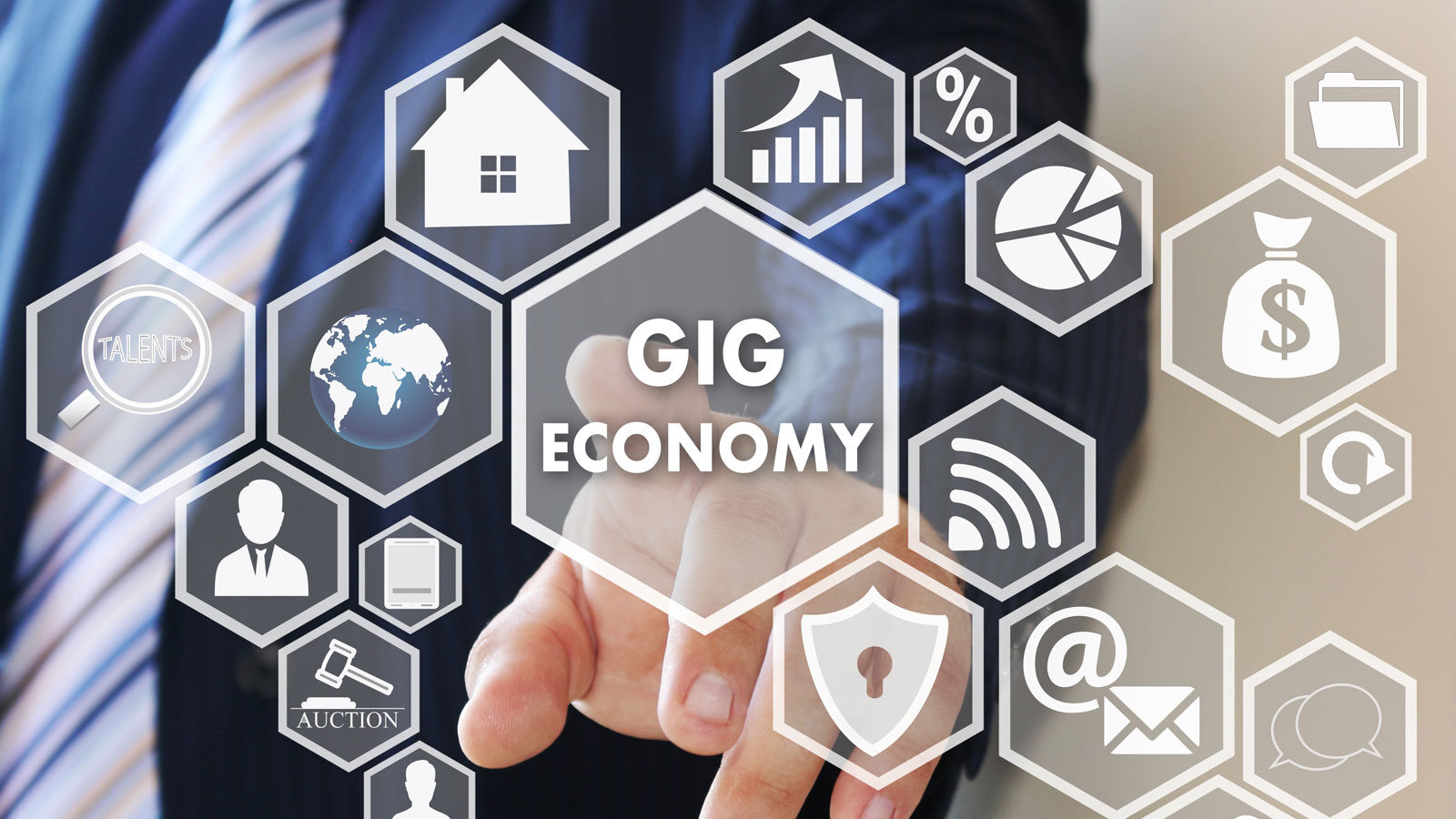
1. Flexible Workforce, Scalable Solutions
Businesses today are moving away from the traditional 9-to-5 workforce and embracing gig workers to meet fluctuating demands. This model allows companies to scale their operations quickly, hiring freelancers or part-timers for specific projects or seasonal work without the overhead of full-time salaries and benefits.
Example: A startup launching a mobile app may hire freelance UI/UX designers, developers, and copywriters on a project basis instead of employing a full in-house team.
2. Cost Efficiency and Reduced Overhead
One of the biggest benefits of the gig economy for businesses is cost savings. Companies can reduce operational costs by hiring independent contractors who work remotely and do not require office space, equipment, or benefits like healthcare and paid leave.
This shift enables businesses — especially small ones — to remain competitive and agile in tight markets.
3. Access to a Global Talent Pool
Thanks to remote work and freelance platforms, businesses can now tap into a global pool of talent. Whether it’s hiring a digital marketing expert from the Philippines or a software developer from Eastern Europe, companies are no longer limited by geographical boundaries.
This globalization fosters innovation, diversity, and a broader range of skills for businesses looking to stay ahead of the curve.

4. Rise of Digital Platforms and Automation
The gig economy wouldn’t thrive without the rise of digital platforms that connect freelancers with employers. These platforms often use AI and automation to streamline job matching, payments, contracts, and performance tracking — making the entire freelance experience more efficient.
Businesses are also automating internal processes to better integrate and manage gig workers alongside full-time staff.
5. Shifting Company Culture and Leadership Models
As the workforce becomes more decentralized, leadership styles must evolve. Managers now lead diverse teams spread across multiple time zones and must rely on strong communication, collaboration tools, and trust to get work done.
Company culture is becoming more inclusive and output-focused, where results matter more than hours clocked.
6. Legal and Compliance Challenges
While the gig economy offers flexibility, it also raises questions around worker rights, classification, and benefits. Businesses must stay updated with changing labor laws, such as those concerning independent contractor status, taxes, and liability.
Failure to comply with regulations can result in fines and reputational damage — especially in countries tightening labor protections for gig workers.
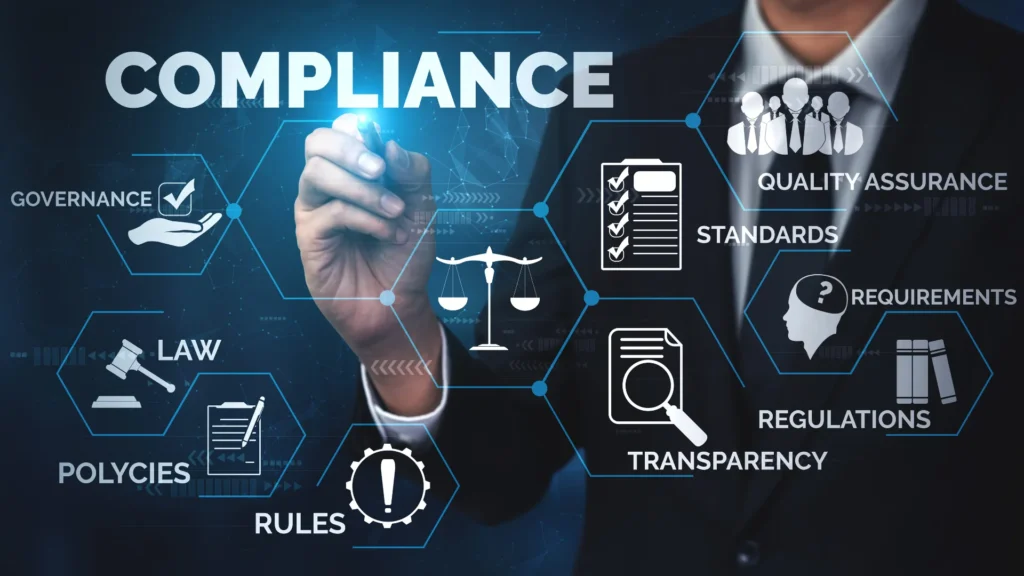
7. The Future: Hybrid Workforces
The future of work is hybrid. Many companies are expected to blend full-time employees with a flexible layer of gig workers. This model brings the best of both worlds — stability and adaptability — making it ideal for businesses navigating post-pandemic uncertainties and digital transformation.
Conclusion
The gig economy is redefining what it means to be an employee, an employer, and even a business itself. Companies that embrace this transformation with the right tools, mindset, and compliance strategies will thrive in this new era of work.
The question isn’t whether your business should adapt to the gig economy — it’s how fast you can do it.


